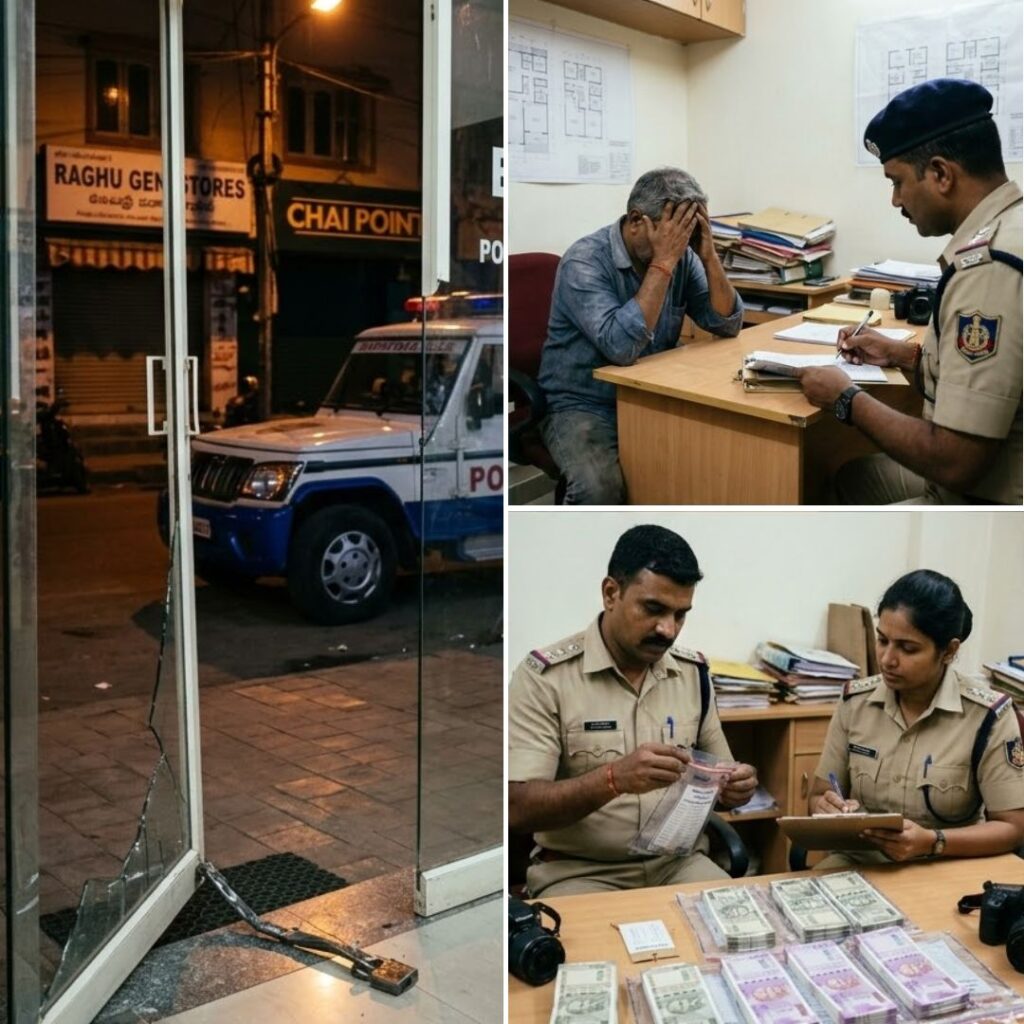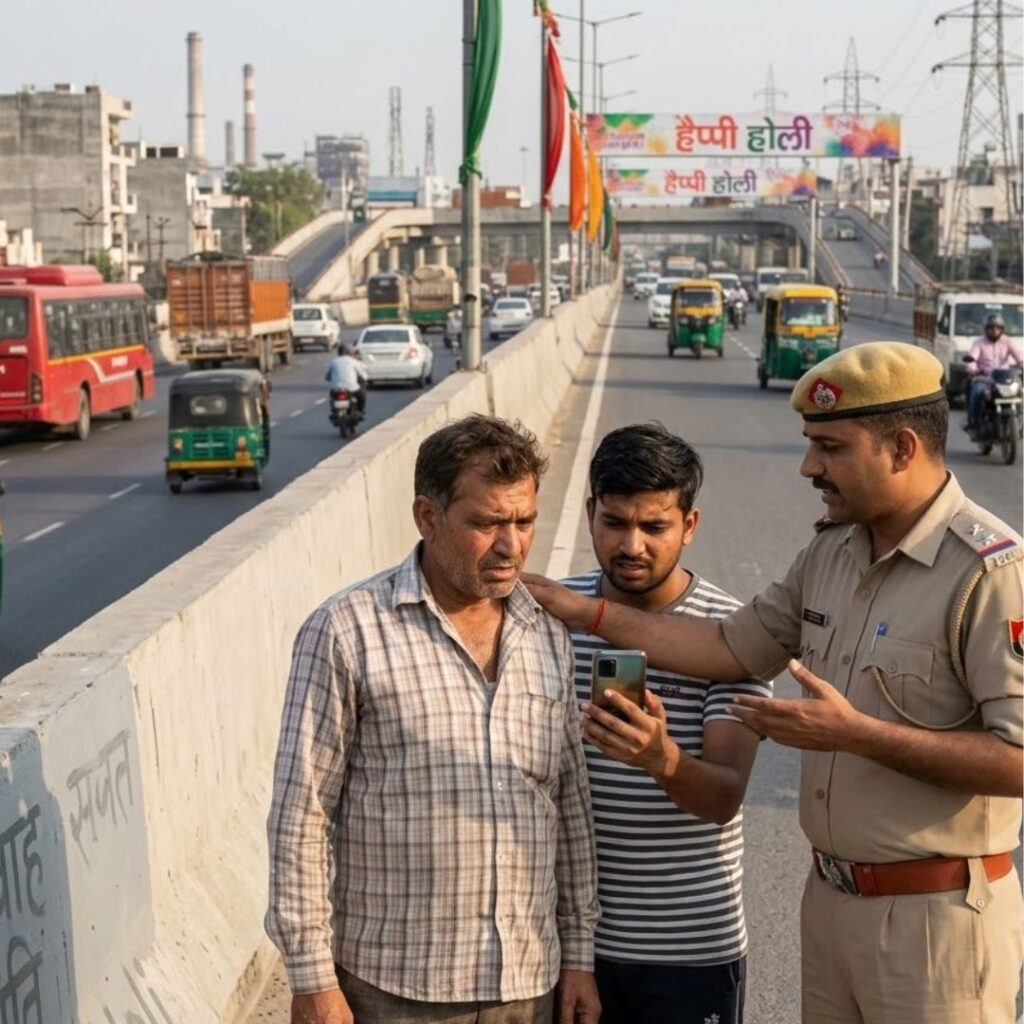On July 17, 2025, two women in Bengaluru were subjected to a horrifying case of cybercrime and digital harassment, in which fraudsters impersonating officers from Mumbai’s Colaba Police Station falsely accused them of involvement in serious offences, including money laundering, human trafficking, and murder related to the Jet Airways scam.
Using the women’s real Aadhaar details and forged arrest warrants, the scammers extorted ₹58,477 and, under the false guise of an online “medical examination,” forced them to strip on a WhatsApp call, holding them in simulated “digital arrest” for over nine hours. A formal complaint was filed at Banaswadi Police Station, and a probe is now underway, with police tracing digital trails, including UPI accounts and spoofed numbers.
Psychological Abuse Under the Guise of Official Procedure
What began as a distressing phone call quickly spiralled into a meticulously premeditated psychological attack. Claiming to be senior police officials from Colaba Police Station in Mumbai, the scammers presented alarming legal accusations and attached what appeared to be CBI ID cards, fabricated legal notices, and arrest warrants. The women, shocked by the references to serious crimes, were further terrorised when their own Aadhaar details and bank data were accurately quoted—adding a chilling sense of legitimacy to the scam.
The fraud escalated rapidly. The women were told they were under “watch” and could not leave the premises. A supposed “RBI verification” was demanded, resulting in the immediate transfer of ₹58,477 via UPI to an account allegedly under investigation. But the scenario soon turned abusive and deeply degrading: the callers claimed a “medical examination” was needed to rule out involvement in trafficking and violence, forcing the women to undress on a video call under constant verbal pressure.
They were video-surveilled for over nine hours, emotionally manipulated, and warned not to disconnect—under what was described as “digital and home arrest.” The ordeal ended only when one woman discreetly reached out to a friend for help. The friend urged them to disengage and assisted in reporting the crime to Banaswadi Police, who are now actively tracing the PhonePe transaction linked to the user alias “Abhishek SP.”
General Cyber Safety Advice for Consumers
This case not only exposes the evolving tactics of online fraudsters but highlights the urgent need for digital awareness and consumer vigilance. Here are some essential cyber safety measures everyone should follow:
- Never share personal details such as Aadhaar numbers, bank information, or OTPs with unknown callers, even if they claim to be from government agencies.
- Don’t respond to undue pressure, emotional manipulation, or threats. Scammers often play on fear, shame, or urgency to trap victims.
- Reject any requests for inappropriate behaviour on camera, even if it comes with an “official” explanation—it’s a red flag.
- Use digital privacy tools like enabling two-factor authentication, limiting profile visibility on social media, and regularly changing passwords.
- Report criminal activity immediately:
- Call helpline 1930
- Visit cybercrime.gov.in
- Or approach the nearest cybercrime cell or police station
- Raise awareness among family members—especially children, teens, and elderly users—who may be less aware of such tactics.
Remaining calm, cautious, and informed can often be the difference between falling victim and staying safe. As scams become more technologically and psychologically sophisticated, digital literacy becomes a crucial life skill.
The Logical Indian’s Perspective
This deeply disturbing cybercrime is not merely a financial swindle—it is a violation of personal dignity, psychological safety, and human rights. The trauma inflicted here echoes the broader trend of gendered digital abuse, where technology is weaponised to control, shame, and manipulate, especially women.
At The Logical Indian, we believe that meaningful change will only occur when cybersecurity, law enforcement, and mental health support intersect. With each reported incident, we must reaffirm that digital abuse is real abuse—and needs to be treated with equal seriousness.












